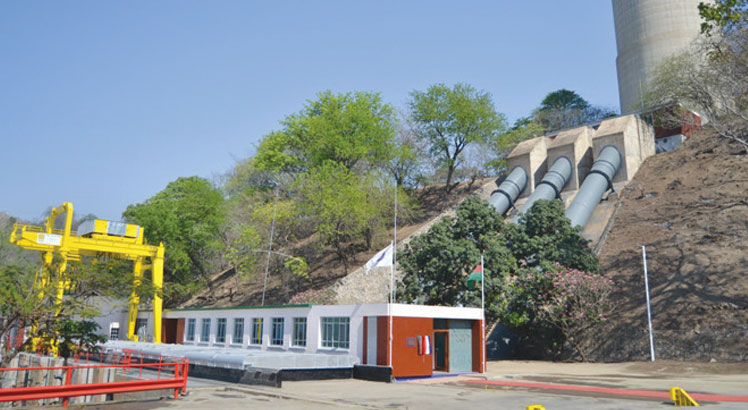Govt seeks coal power partner
Malawi is yet to secure a partner for the development of Kam’wamba coal-fired power station, three years after the idea was hatched.
Electricity Generation Company (Malawi) Limited (Egenco) spokesperson Moses Gwaza confirmed the development in a written response on Wednesday.
However, he said three companies have since expressed interest to partner his institution following an advert they placed in newspapers.
Gwaza declined to disclose the companies as the evaluation process is still underway.

Malawi is a signatory to the Paris Agreement which advocates for clean energy, a global vehicle that is campaigning against use of coal for generation of power, but Gwaza defended Egenco’s position to carry on with the project, saying the country’s greenhouse emission is so insignificant.
He said the Paris Agreement does not bar the use of coal but rather encourages countries to reduce greenhouse emissions.
Said Gwaza: “Now, Egenco’s greenhouse emission is so insignificant. Our power generation is mostly hydro, which is a renewable energy. As we speak, there are other countries generating power, using coal.”
He cited South Africa which has a total generation capacity of 58 000 megawatts (MW) of which 46 000MW are generated by coal.
“Therefore, our 300MW coal plant should not be a cause for concern. Actually, there is no country world over that developed without using coal. That said, you should also take note that there are now advanced technologies in managing coal effluents,” Gwaza said.
He also said Egenco was prepared to engage such new technologies to ensure that the emissions from the plant, once in operation, do not have adverse effects on the environment.
In the event that no one wants to collaborate and invest in the Kam’wamba coal plant, Gwaza said Egenco has a plan B which is to finance the project using local resources.
The Egenco spokesperson said the review of a feasibility study is still in progress, explaining that there were a number of areas that the initial study did not capture that are being done now.
Said Gwaza: “All these studies are being done now but due to the Covid-19 pandemic, the study has taken time. We hope to have the study concluded by end of October 2021, and the total cost of the project will be discussed after the feasibility studies and recruitment of the prospective partner is completed.”
He said the feasibility study, which started in August 2019, has two main components, namely updating of a previous techno-economic feasibility study and Environmental and Social Impact Assessment; and local coal resource study.
Egenco explained that once the 300 MW project starts, it will take about three years to complete and tentatively, it is expected to be ready in 2025.
During the Peter Mutharika administration, talks were underway in 2018 to have Axim Bank of China grant Malawi a loan for the project, but the arrangement fell out.
Meanwhile, energy expert Grain Malunga, who served as Energy minister during the Bingu wa Mutharika administration
said Malawi blindly signed the Paris Agreement for short-term gains.
He said: “The Malawi Government should have been thinking of financing this project on our own using pension funds or insurance funds or reaching out to the private sector to finance this project.
“Kam’wamba coal-fired project is an important project we need as a country to develop. The big economies campaigning against coal energy such as China, India and America massively benefitted from this and heavily polluted the world.”
About 10 percent of Malawi’s 18 million population has access to electricity.
The Paris Agreement Malawi is a signatory to is an agreement within the United Nations Framework Convention on Climate Change dealing with greenhouse gas emissions mitigation, adaptation and finance starting in the year 2020.






One Comment